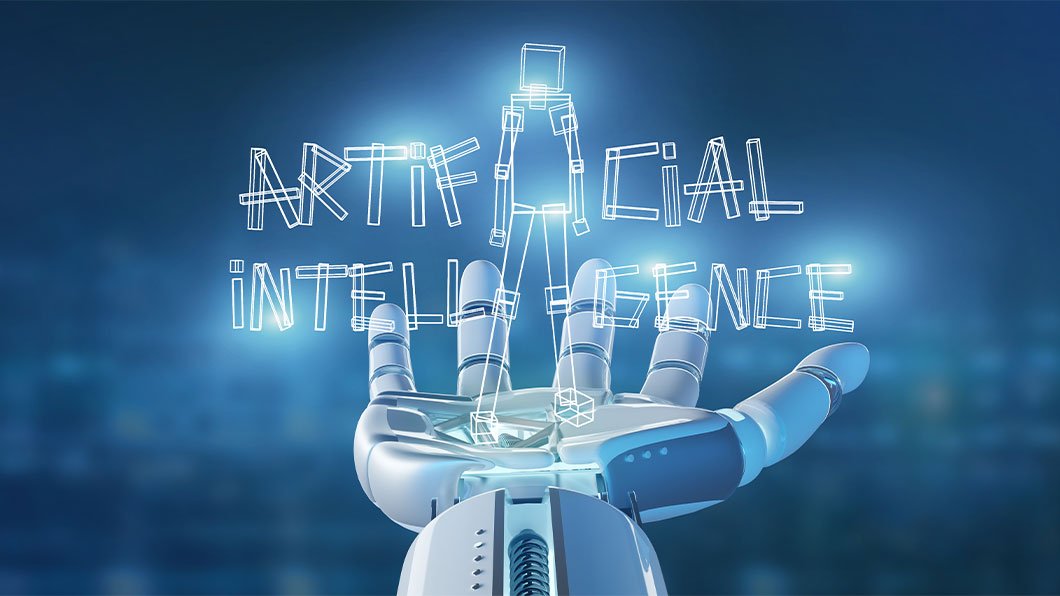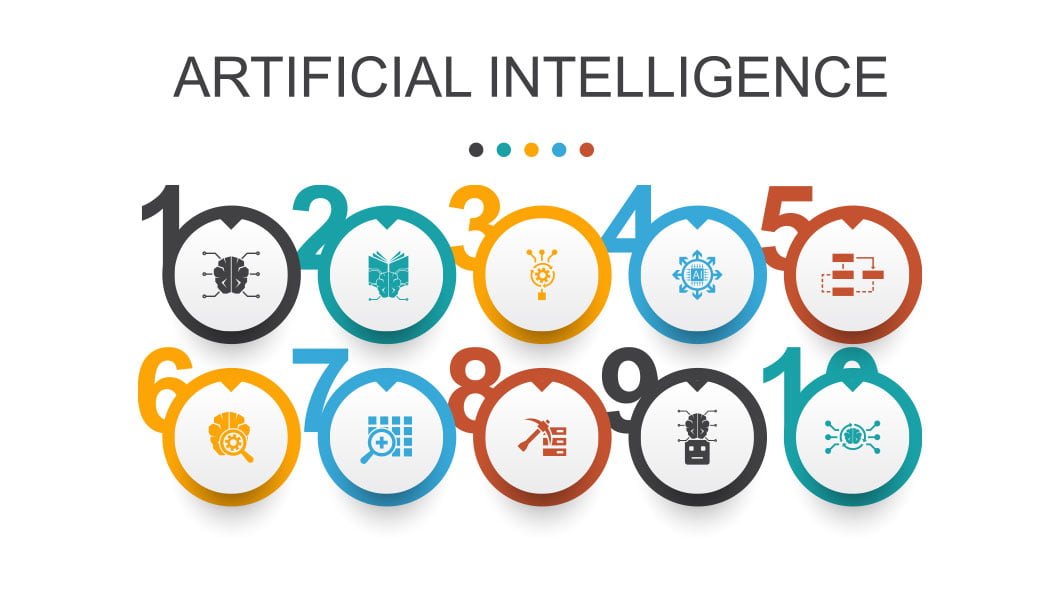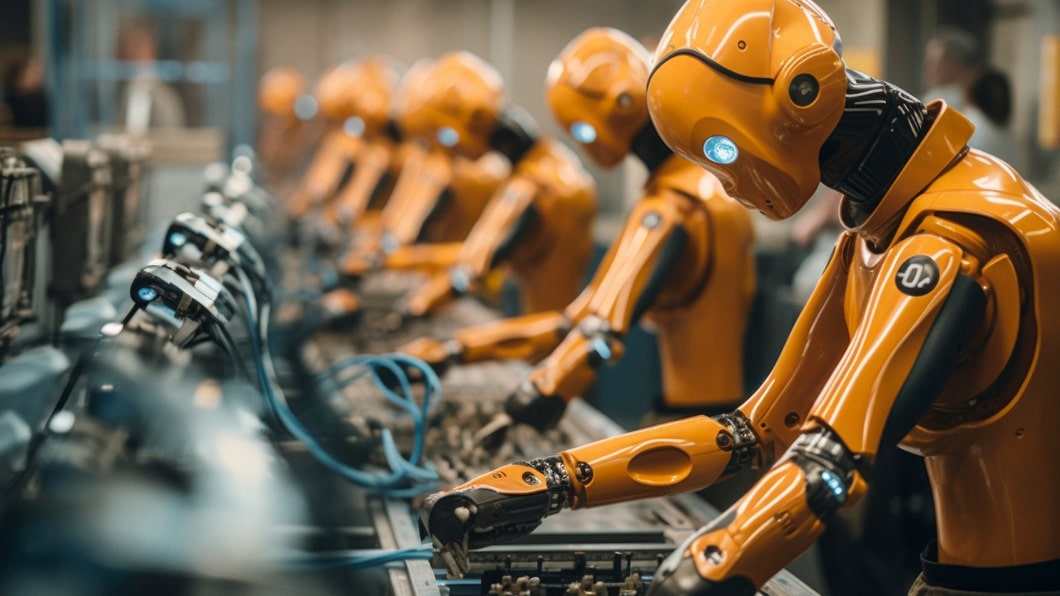
Published in:
Latest Trends
10 Artificial Intelligence Technologies
Artificial Intelligence (AI) is one of the most transformative and disruptive technologies of our time. It has the potential to revolutionize the way we live, work, and interact with the world around us. From intelligent robots to virtual assistants, AI technologies are changing the face of the world as we know it.
Here are the top 10 AI technologies that are shaping our future:
Here are the top 10 AI technologies that are shaping our future:

- Machine Learning: Machine learning is a branch of AI that enables machines to learn from data and make decisions based on that learning. Machine learning algorithms can identify patterns, make predictions, and learn from new data to improve their performance over time.
- Natural Language Processing: Natural Language Processing (NLP) is an AI technology that enables machines to understand, interpret, and generate human language. NLP algorithms can analyze text, speech, and even facial expressions to identify emotions and sentiment.
- Robotics: Robotics is an interdisciplinary field that combines AI, engineering, and computer science to design and develop robots that can perform tasks autonomously. Robotics has the potential to revolutionize industries such as manufacturing, healthcare, and logistics.
- Computer Vision: Computer Vision is an AI technology that enables machines to interpret and understand visual information from the world around us. Computer vision algorithms can recognize objects, faces, and gestures, and can be used in applications such as security and surveillance, healthcare, and self-driving cars.
- Neural Networks: Neural networks are a type of machine learning algorithm that mimic the structure and function of the human brain. Neural networks can identify complex patterns and relationships in data, and are used in applications such as image recognition, speech recognition, and natural language processing.
- Deep Learning: Deep learning is a subfield of machine learning that uses neural networks to analyze large amounts of data and make predictions. Deep learning algorithms can learn from data without being explicitly programmed, and are used in applications such as image and speech recognition, natural language processing, and autonomous vehicles.
- Predictive Analytics: Predictive analytics is an AI technology that uses statistical algorithms and machine learning techniques to analyze data and make predictions about future events or behaviors. Predictive analytics is used in industries such as finance, healthcare, and marketing to identify patterns and trends in data.
- Cognitive Computing: Cognitive computing is an AI technology that combines machine learning, natural language processing, and other AI technologies to simulate human cognitive functions such as perception, reasoning, and decision making. Cognitive computing is used in applications such as healthcare, finance, and customer service.
- Chatbots: Chatbots are AI-based programs that use natural language processing to simulate human-like conversations with users. Chatbots are used in customer service, marketing, and other applications to improve engagement and efficiency.
- Autonomous Vehicles: Autonomous vehicles use AI technologies such as computer vision and machine learning to enable vehicles to operate without human intervention. Autonomous vehicles have the potential to revolutionize transportation and logistics, and are being developed by companies such as Tesla, Google, and Uber.
 In conclusion, AI technologies are transforming the way we live, work, and interact with the world around us. From intelligent robots to virtual assistants, AI is changing the face of industries such as healthcare, finance, and logistics. As these technologies continue to evolve and improve, we can expect to see even more exciting innovations in the years to come.
In conclusion, AI technologies are transforming the way we live, work, and interact with the world around us. From intelligent robots to virtual assistants, AI is changing the face of industries such as healthcare, finance, and logistics. As these technologies continue to evolve and improve, we can expect to see even more exciting innovations in the years to come.





